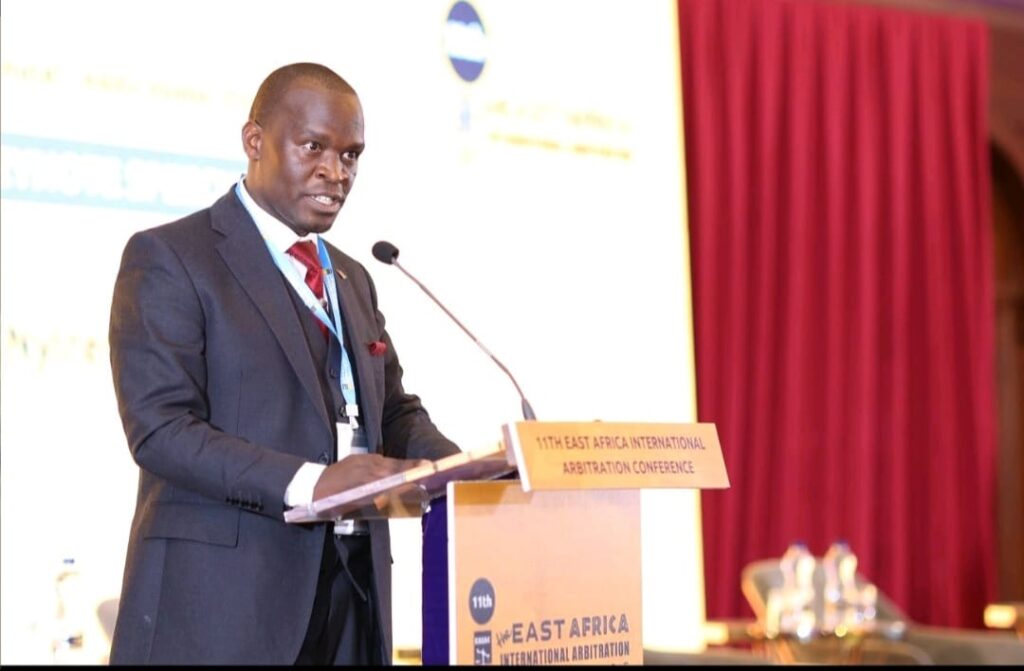
The Attorney General of Malawi, Hon. Thabo Chakaka-Nyirenda, has called for urgent legal reforms and greater transparency in managing the country’s sovereign debt, warning that mismanagement and lack of accountability are holding back economic development.
Speaking at the Financial Services Lawyer’s Forum and Reserve Bank of Malawi-Malawi Law Society conference in Mangochi on 25th August 2023, Nyirenda outlined the severe challenges posed by Malawi’s growing debt burden. He stressed that while sovereign debt is crucial for financing infrastructure and public services, its management must adhere to legal frameworks to ensure economic justice for all citizens.
“Sovereign debt is an important source of financing for infrastructure, public service, and investment. However, what matters is how that debt is managed,” Nyirenda said, emphasizing the distinction between multilateral, bilateral, and private-sector lending sources.
He warned that certain forms of borrowing, particularly from non-Paris Club lenders like China and India, are often opaque and may lead to unsustainable debt. “The loans from non-Paris Club and, at times, from commercial lending institutions lack transparency, creating a debt burden that stunts economic growth,” he added.
Nyirenda highlighted the constitutional framework for borrowing in Malawi, which mandates that loans can only be raised under the authority of an Act of Parliament. “The Malawi Constitution requires that sovereign loans be acquired only under the authority of an Act of Parliament and for specific purposes. But despite this, we’ve seen a rapid accumulation of unsustainable debt,” he noted.
The Attorney General pointed to several instances where lack of transparency and accountability led to mismanagement of sovereign debt. He cited the case of the Reserve Bank of Malawi, where financial derivatives were mishandled, and the infamous “Tractorgate” scandal, in which government loans were misused for a project that ultimately failed.
“Despite receiving debt relief under the Heavily Indebted Poor Countries (HIPC) Initiative, Malawi quickly accumulated new debt, now reportedly causing economic distress. The question we must ask is why, after receiving this relief, we have reached such unsustainable levels of debt,” Nyirenda remarked.
He further emphasized the need for the legal profession to take a more active role in ensuring responsible sovereign borrowing. “Lawyers play a crucial role in drafting loan agreements and advising on the terms of borrowing. We must clearly identify our role within the broader economic architecture to facilitate sustainable public debt management,” Nyirenda said.
Nyirenda also underscored the importance of transparency and accountability in the debt management process, referencing a report by Shakira Mustapha and Rodrigo Olivares-Caminal. “Transparency in sovereign debt involves making information publicly available to ensure that stakeholders can make informed decisions,” he said. “It is not just about how much information is disclosed, but also about the quality of that data.”
Drawing comparisons with Mozambique’s “Tuna” scandal, Nyirenda highlighted the dangers of borrowing for projects that fail to deliver tangible benefits. “We have seen how poor governance and lack of transparency in sovereign debt management can lead to corruption and default. We must avoid repeating these mistakes.”
Nyirenda concluded his address by reaffirming the government’s commitment to strengthening the rule of law and economic governance, noting that “the rule of law is key to economic development and shared prosperity.”
Malawi’s Vision 2063, Nyirenda said, outlines a roadmap for economic growth that prioritizes transparency, accountability, and the fair allocation of resources. He urged legal professionals and government officials to work together to ensure that the country’s debt management strategies are aligned with these goals.
“As government, we are committed to supporting initiatives that help us deliver economic justice for all,” he stated, before formally opening the conference.
The conference engage legal professionals in discussions on best practices for sovereign debt management, with a focus on increasing legal and institutional capacity to address the country’s mounting debt challenges.



